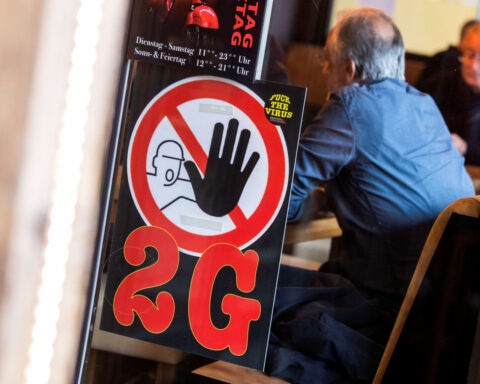The Netherlands and Austria thus become the first EU countries to make use of REACT-EU.
Commissioner for Cohesion and Reforms, Elisa Ferreira said: “The resources under REACT-EU are of crucial importance for the recovery of the economy. I call on Member States to complete their internal procedures for the approval of the Own Resources Decision so that we can start borrowing. Meanwhile, we are working fast forward to approve the programming decisions for this funding. I encourage all Member States to move as quickly as possible with their submissions so that additional funding can start flowing for a green, digital and cohesive recovery.”
In the Netherlands, the three amendments increase the EU co-financing rate and facilitate investments in the green and digital transition contributing to the resilience of the regional economy in North, East and South Netherlands. This is in accordance with the REACT-EU objectives and with the 2020 country specific recommendations.
- In North Netherlands, the programme will support future-oriented investments in innovation, making companies more resilient and innovative. The investments will contribute to the societal transitions related to a circular economy, renewable energy, digitalisation and health.
- In East Netherlands, the programme will support further development and the market introduction of innovative technologies and processes, as well as investments that reinforce the innovation eco-system. Areas for investment for the green transition will include, for example, sustainable energy, the circular economy and the sustainable use of materials. The programme will also support digitalisation in innovation projects, including in the health sector.
- In South Netherlands, the programme will support innovation projects that contribute to a green, digital and robust recovery of the regional economy. The investments aim at bringing innovations to the market within five societal transitions: energy, raw materials, climate, agriculture and food, and health transition.
In Austria, the amendment of the ERDF Operational Programme for Growth and Jobs supports research and innovation capacities, provides investment support for enterprises (in which innovative, green and digital projects will have a high share), and sustains increasing the energy efficiency and the use of renewable energy sources.
Next Steps
These resources – part of NextGenerationEU – continue and extend the crisis response and repair measures delivered through the Coronavirus Response Investment Initiative packages, acting as a bridge to the long-term recovery plan. The Commission is planning to adopt more REACT-EU operational programmes amendments in the coming weeks.
Background
As part of NextGenerationEU, REACT-EU will provide a top-up of €47.5 billion (€50.5 billion in current prices) to Cohesion policy programmes over the course of 2021 and 2022. Measures will focus on supporting labour market resilience, jobs, SMEs and low-income families, as well as setting future-proof foundations for the green and digital transitions and a sustainable socio-economic recovery.
These additional resources should be used for projects that foster crisis repair capacities in the context of the coronavirus crisis, as well as investments in operations contributing to preparing a green, digital and resilient recovery of the economy.
REACT-EU entered into force on 24 December 2020 and can finance expenditure retroactively from 1 February 2020 until 31 December 2023.
The financial resources come from NextGenerationEU and are dependent on the completion of Member States’ internal approval procedures of the Own Resources Decision, which will allow the Commission to start borrowing on the capital markets.






